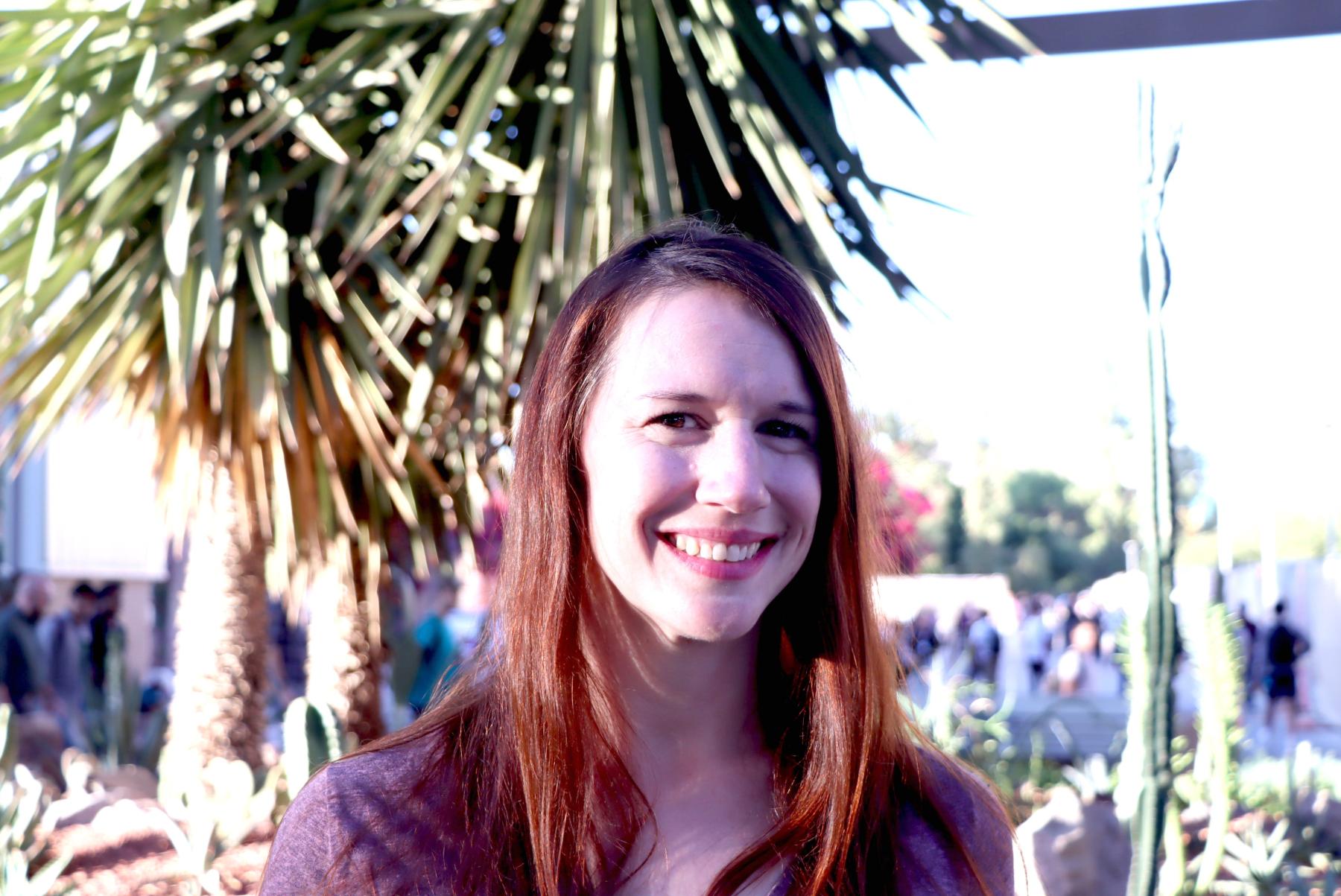
ASU PhD candidate hopes research leads to new treatments for depression
With a record number of Americans reporting mental distress and depression, an Arizona State University PhD candidate and ARCS Scholar hopes her research might one day lead to new treatments.
Tanessa Call, a fifth-year neuroscience student, is part of a team at the University of Arizona College of Medicine-Phoenix that has been working to understand the relationship between a protein in the brain and major depressive disorder. Building off a groundbreaking 2015 study that linked sirtuin 1, or SIRT1, to major depressive disorder, Call and her labmates uncovered a key regulatory role of SIRT1 in the nucleus accumbens, generally referred to as the brain’s reward center.
For 10 days, the lab put mice through stress tests and looked for changes in mood and behavior. They found that stress stably increased SIRT1 in the nucleus accumbens and that managing SIRT1 activity with drugs or genetic approach can regulate anxiety- and depression-like behaviors.
“I really think it's important to fully understand how this protein works,” Call said. “Maybe that could help tailor more specific medicine.”
More than 350 million people reportedly suffer from depression worldwide, including 30 million people in the U.S. A study published in the Journal of Abnormal Psychology earlier this year found that the percentage of American teens and young adults reporting depressive-like symptoms has risen sharply over the past decade, with one out of every five teen girls experiencing major depression in 2017.
“I don't know if you've ever felt that before, but you'd rather feel anything than nothing, even if it's pain, even if you're depressed, it's better than just existing,” Call said. “So it's really important to find new avenues for new medication.”
Like so many, depression runs in Call’s family. But it wasn’t until her junior year of college that she first became interested in studying neuroscience and mental health.
“I heard in one of my classes that when individuals who are schizophrenic hear auditory hallucinations, their auditory cortex — the part of the brain that interprets sound — actually lights up,” she remembered. “So I just thought that was fascinating.”
Call has now begun work on her dissertation and is generating her own data on the electrophysiological and morphological properties of neurons following the manipulation of SIRT1. Call was awarded the Harry Lowell Swift Scholarship, given to graduate students advancing human health through biomedical or biotechnological research, and prior to this academic year, she was named an ARCS Scholar by the ARCS Foundation Phoenix Chapter, an organization that honors high-achieving doctoral students in science, engineering and medical research. Currently, the ASU Graduate College provides administrative support to all ASU scholars applying to and receiving the ARCS Foundation award by working closely with the ARCS Phoenix Chapter to mutually support these recipients.
Visit the Graduate College's website for more information on ARCS awards.
Following her degree, Call says she’ll look to work in a role that allows her to communicate the science with the doctors, to the patients and to the public.
“There's still a stigma around mental illness. It's gotten a lot better, but it's still there,” she said. “I just want to go out and show people that it doesn't have to be who you are.”
More stories from the Graduate Insider

Building Arizona’s bioscience future: Takeaways for doctoral students and postdocs
At a recent ASU Lunch and Learn, Nicole Hill, Program Manager at the Flinn Foundation, shared insights from the Arizona Bioscience Roadmap—a 20-year statewide strategy driving innovation, research, and economic growth. For graduate researchers and postdocs, her discussion offered not only a look into Arizona’s expanding bioscience ecosystem, but also valuable lessons for career development and research impact.

Inside Graduate College’s Three Minute Thesis competition

Save time, stay organized: Citation strategies for graduate writing
In a recent Grad15 webinar, ASU librarian Matthew Ogborn introduced graduate students to citation management tools and offered practical strategies for integrating them into academic research. The session emphasized time-saving, collaboration, and accuracy in managing citations and bibliographies—core skills for graduate-level writing and research.